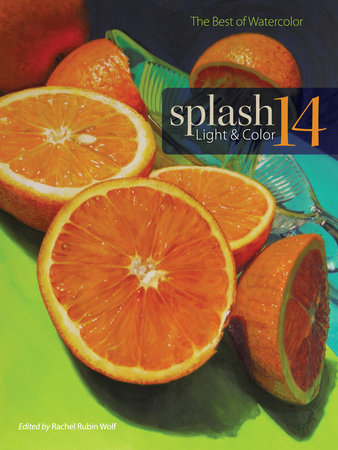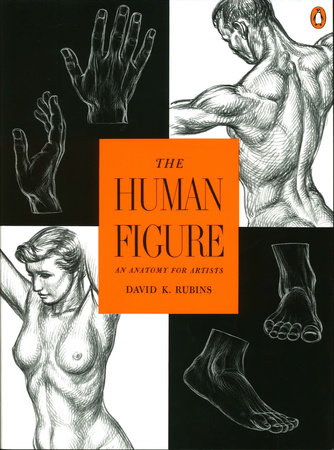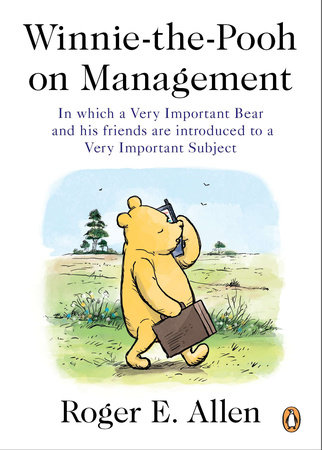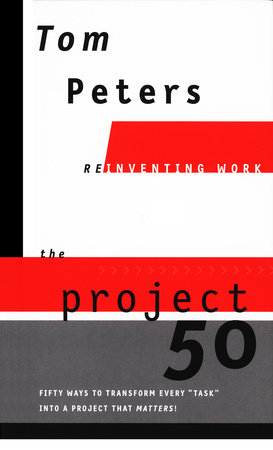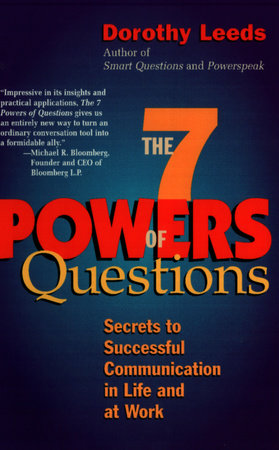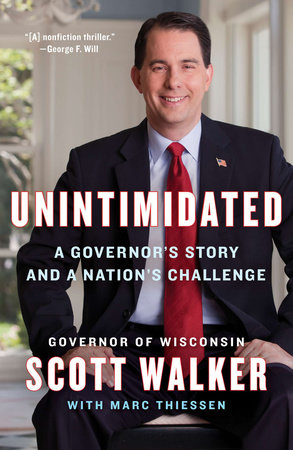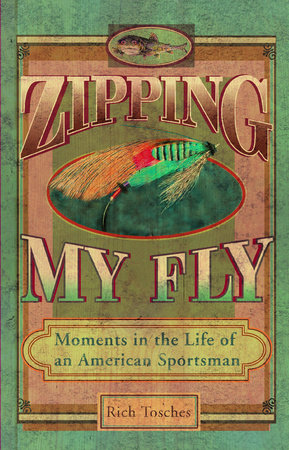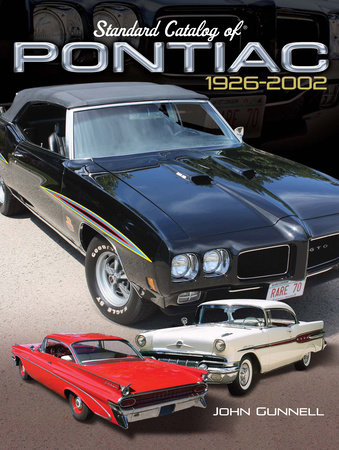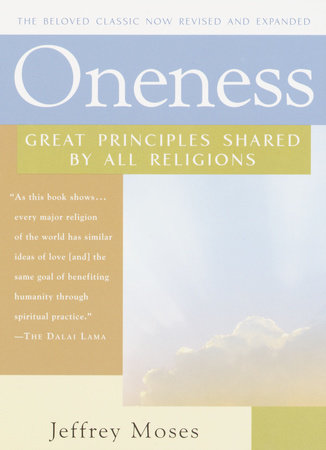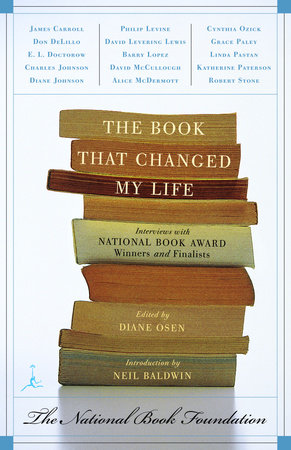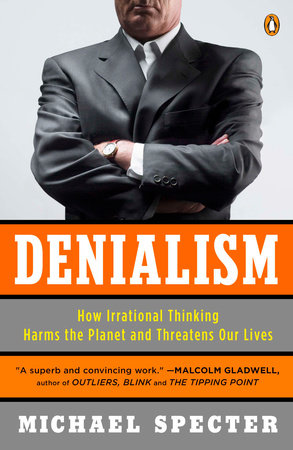Author Q&A
What sparked the idea for the publication of The Book that Changed My Life?
Like everyone who loves to read, I’ve always been interested in the writing lives of authors–and as a consultant for the National Book Foundation, which sponsors the National Book Awards, I’ve had the chance to develop a number of outreach programs meant to explore the many ways in which the experience of reading can inform–and even transform–the art of writing. Among these initiatives were reading circles that brought together National Book Award authors and readers to explore the role literature can play in the daily lives of people of all ages and backgrounds. Ultimately, thousands of readers in scores of cities and towns across the country participated in these reading circles, which led to the publication of the first book I worked on with the Foundation and Random House, The Writing Life. This new collection of interviews is in many ways a sequel to that anthology, with an emphasis this time on the specific books that shaped the writing lives of the participating authors.
How were the fifteen authors selected out of so many National Book Award winners and finalists?
Needless to say, selecting only 15 from the hundreds of distinguished authors who have been recognized by the National Book Awards was a daunting task. To ease the difficulty somewhat, we decided to focus on authors who were multiple finalists or winners; who have distinctly different voices; and who together would represent all four National Book Award categories: fiction, non-fiction, poetry and young people’s literature.
How did you go about conducting the interviews with each author?
Very carefully! The authors featured in this book are some of America’s most eminent novelists, historians, poets and essayists, so I tried my hardest to prepare as thoroughly and as thoughtfully as I could for every interview. I spoke to the authors by phone, frantically taking notes by hand since I was always afraid that some technological disaster would compromise the audio tapes I recorded simultaneously. Thankfully, that never happened.
What kind of research was necessary to prepare for each interview? How long did the entire process take?
From beginning to end the process took about three years, I would say, because there was a lot of research involved. Three program officers at the National Book Foundation–Meredith Andrews, Maryann Jacob and Sherrie Young–helped enormously, by copying for me every news story, feature, scholarly article, book review, or essay related to the authors that they could find. The rest–synthesizing all that material, finding other sources, reading the authors’ books as well as their favorite titles, devising the interview questions, and editing the interviews–was up to me. But to be honest, the authors made it easy–they were not only astonishingly articulate and insightful, but their kindness and patience invariably dissolved the anxiety I felt at the beginning of every conversation.
Were any of the authors’ favorite titles particularly surprising?
I wouldn’t say surprising, as much as personally gratifying: I was thrilled to discover that people I so admire and respect share some of my own literary enthusiasms. And it was fascinating to discern some of the interests the authors have in common. For example, while Charles Johnson, Diane Johnson, Barry Lopez, David McCullough and Robert Stone are surely perceived as writers with very different sensibilities, all have either written or loved books set on boats or ships. Others, like Cynthia Ozick, Alice McDermott, E. L. Doctorow and Grace Paley, share in common wonderful childhood memories of visiting their local public libraries; Philip Levine, Don DeLillo, Linda Pastan and David Levering Lewis remember just as clearly how their childhood books looked and felt in their hands. James Carroll, on the other hand, did not discover the life-altering possibilities of reading, or writing, until he started college. But however and whenever they embraced the writing life, all the authors have a deep belief in the power of storytelling–which is reflected clearly by their favorite books.
What are some of the books that have changed your life, and why?
As the authors I interviewed can tell you, it isn’t necessarily easy to identify the books that have changed one’s life. It’s certainly true that some of my favorite contemporary books and authors are featured in The Book That Changed My Life. I also love nineteenth-century and twentieth-century English fiction–particularly Eliot, Trollope, James, Woolf, Iris Murdoch, David Lodge–and I spent a wonderful summer reading books by John Updike, Andrea Barrett, Richard Russo and Alan Furst. But the book that has actually changed my life is this book–because in sharing their insights with me, the authors led me to a vastly deeper and more nuanced understanding of literature than I had ever been able to gain in school, or on my own.
What do you want readers to take away from this book?
I hope they will take away the same things I have–a sense of wonder in the face of genius, and the conviction that telling stories is one of the most powerful and beautiful ways in which we can define not only our humanity, but our community.



